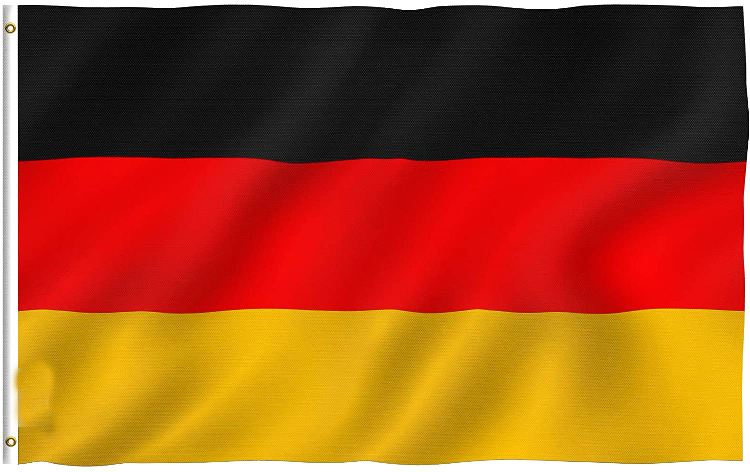Learning how to speak German is no easy task – every noun has a gender and just when you thought you were getting a grip on it, a new kind of exception to the rule bursts your language bubble. It might be tough to get around, but the language is riddled with quirky traits and poetic descriptions, making learning German a fascinating experience for language lovers.
According to Wikipedia, German is the 11th most widely spoken language in the world, with about 1.4% of the population being German-speaking. Mandarin takes first place and English comes in third.
English and German are sister languages. Like English and Dutch, German forms part of the West Germanic languages. When English speakers learn German, they will have the consolation of finding a lot of words that are similar in both languages. Be careful though, there are
some sneaky words that look and sound the same but have totally different meanings. The German word ‘gift’ for example, means poison, nothing
If you ever pick up a German newspaper, you might be confused to see large bodies of texts permeated by long words written in capital letters. That’s because all nouns in German are written with capital letters and no, it’s not optional.If you see a long scary German word don’t panic because it can probably be broken down into smaller, common nouns. German has a habit of building new words from existing words for example the word hand, which is the same word in English, is joined to the German word Schuhe (shoes) to form the noun Handschuhe, meaning ‘hand shoes’ or gloves in English.
There are three genders for German nouns; masculine, feminine and neutral. Although at first glance, gender in German doesn’t seem to follow much logic because it doesn’t necessarily comply with the gender of the object it is naming, so it’s purely grammatical. Mark Twain famously said of the German language: ‘In German, a young lady has no sex, but a turnip does’.
German has often been referred to as the language of the Dichter und Denker or the writers and thinkers. For example, the great Johann Wolfgang von Goethe – author of the epic Faust – is considered one of Germany’s greatest national treasures. Other notable Teutonic thinkers are Kant, Marx, Humboldt and Nietzsche.
One of the best features of the German language is its knack for creating new, hyper-specific words that express life more perfectly than any English word ever could. For example, Schadenfreude describes the happiness derived from somebody else’s misfortune, injury or pain. Torschlusspanik perfectly sums up the fear which creeps in with age and a realisation that time is slipping away, evoking a sense of urgency to achieve or do something before it’s too late.
Some of our favourites German proverbs are Alles hat einEnde, nur die Wurst hat zwei (everything has an end, only sausage has two), IchverstehenurBahnhof (I only understand train station) whose English counterpart would be ‘It’s all Greek to me’ and the most delightful saying, Das istnichtdein Bier! (that is not your beer!) which means ‘none of your business!’.
Besides Germany, German is the official language of both Austria and Liechtenstein and one of the official languages in Switzerland and Luxembourg, making it the most spoken native language in the European Union.
Wherever you go in Germany, you’ll be faced with a specific dialect that your high school German class probably hasn’t prepared you for. The Bavarian accent and dialect for example, has even been joked about as the ‘German that even Germany doesn’t understand’.
German uses the Latin alphabet. It has, however, an additional consonant: the ß, called “Eszett”. The letter never stands at the beginning of the word and, following a long vowel or diphtong, takes the form of a double-s.
Some terms exist in no other language. For example, “fremdschämen” refers to shame felt on another person’s behalf. And “Fernweh” (having the travel bug, lusting after adventure) is the opposite of “Heimweh (homesickness).
German is known for endlessly long words. One of the longest is “Grundstücksverkehrsgenehmigungszuständigkeitsübertragungsverordnung” (regulation on the delegation of authority concerning land conveyance permissions). This neologism comes from officialese. But no reason to panic: such tapeworm words can almost always be broken down into their more intelligible parts. For example, “Staubsauger” (vacuum cleaner) consists of the words “dust” and “sucking”.

